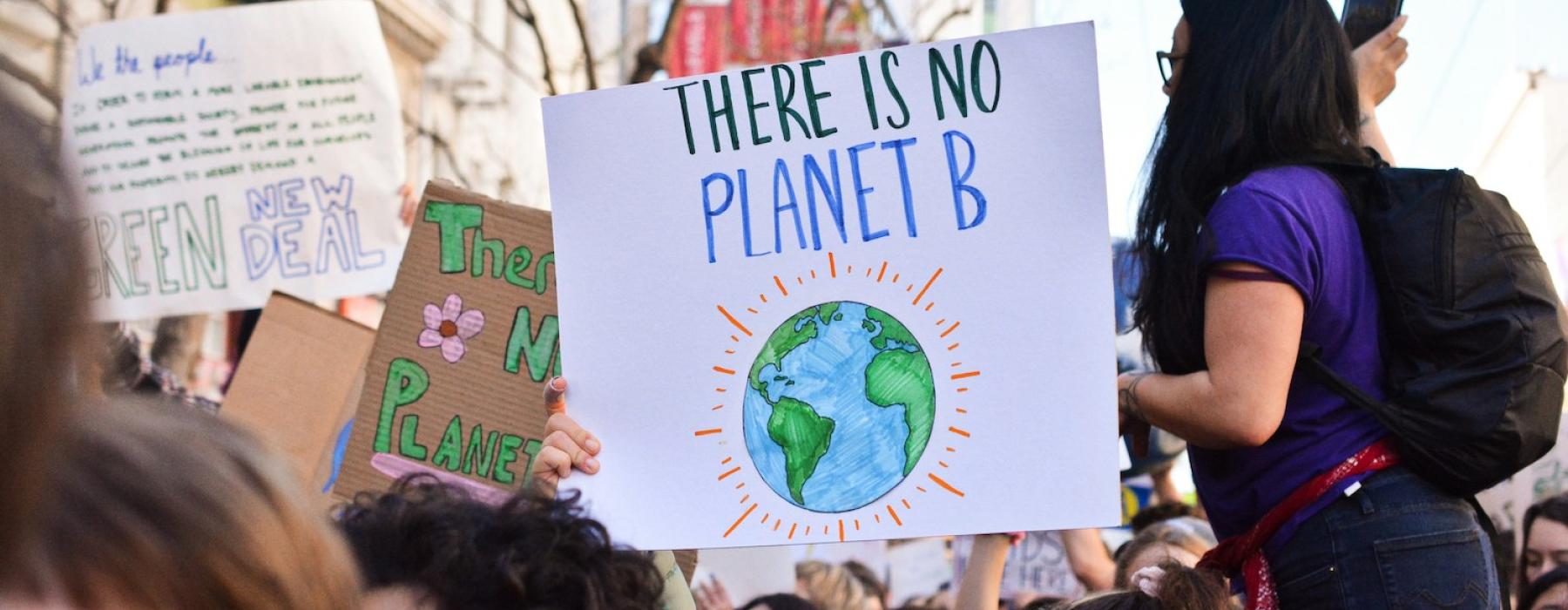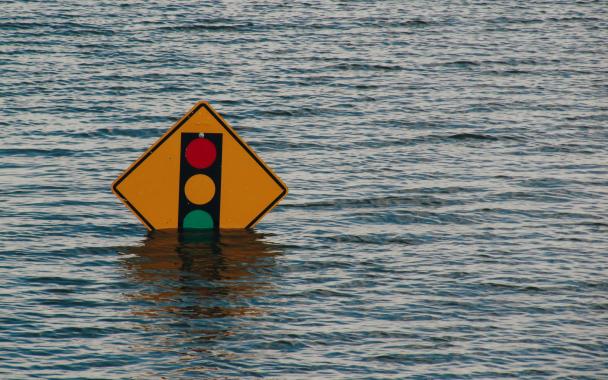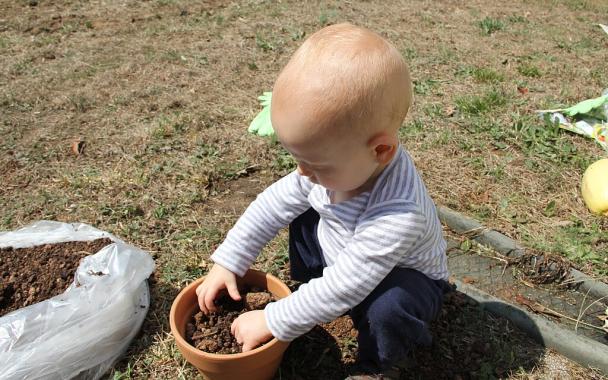
Acting for the Earth, guided by our faith
Friends in Aotearoa New Zealand recognise climate change as a profound moral and spiritual challenge. The climate crisis threatens life, justice, and peace — values that lie at the heart of the Quaker faith. We are called to respond with integrity, courage, and love, working for a world where people and planet can flourish together.
This page outlines why Quakers are engaged in climate action, what we are doing, and how you can be part of this work. You don't need to be an activist or climate expert to be here.
Why climate change matters to Quakers
Climate change disproportionately harms those who have contributed least to the problem, including Indigenous communities, people living in poverty, and future generations. Quakers are guided by values such as:
Care for the Earth
Fairness and equality
Peace and nonviolence
Living simply and responsibly
These values lead us to take climate change seriously and to act in ways that protect life and support justice.
What Quakers are doing
Quakers in Aotearoa and around the world are involved in many forms of climate activism, including:
- Speaking up to government and decision-makers about climate policy
- Joining peaceful marches, vigils, and public events
- Working with churches, faith groups, and community organisations
- Supporting campaigns for renewable energy and climate justice
- Creating spaces for learning, reflection, and hope
- Some people take part in public protest; others work quietly behind the scenes.
All of these contributions matter.

Stories of witness
Friends have participated in movements such as School Strike for Climate, Extinction Rebellion, and local environmental campaigns.
Some Friends have felt led to risk arrest in acts of peaceful civil disobedience; others support change through quieter but equally vital work — writing letters, creating newsletters, holding worship, organising meetings, or providing care.
All these contributions are valued.

How you can get involved
You do not need to be an experienced activist to take part. There are many ways to engage, depending on your energy, capacity, and leadings. Here are some ways to get involved:
🌱 Simple and supportive actions
- Join a discussion or a reflective meeting focused on climate concerns
- Reduce your personal carbon footprint, make small changes in your daily life
- sign up to the Climate Club Newsletter, and follow up on their suggested actions
- Support climate justice organisations financially or by sharing information
- Learn and reflect — individually or as part of a Quaker Meeting
📣 Speak up
- Write to your local MPs and local councillors about your local issues - sea level rise, composting . . .
- Make submissions to Government on climate-related policy
- Attend a public meetings or community event
✊Take part in public action
- Join a march, vigil, or peaceful demonstration
- Take part in nonviolent direct action, if you feel ready
- Support others by helping with organisation, food, or care
If you would like help finding opportunities near you, you can contact your local Quaker Meeting or reach out through our website.
Working together, finding community
Many people find climate change overwhelming or discouraging. Quakers try to respond with community, reflection, and care, supporting one another as we work for change.
If you are interested, you are welcome to:
- Visit a local Quaker meeting
- Talk with others who care about climate justice
- Take time for quiet reflection or shared listening
We believe lasting change comes through collective effort. Friends often work in partnership with Māori, Pacific, youth-led, and community-based climate movements, listening carefully and acting with humility and respect.
What guides our action
Quakers believe that listening — to one another, to those most affected, and to our inner sense of what is right — helps us act wisely and compassionately. We aim to respond to climate change without hatred, violence, or despair.
Resources
- Quaker statements on climate justice
- Faith-based climate action networks
- Tools for advocacy and nonviolent action
- Recommended reading and reflections:
Quakers and the Climate Crisis, a Quaker leaflet
A Call for Action — a Quaker statement
Quakers' thoughts about climate change and spirituality
Earth Friends, stories of Quaker environmentalists
Care for the Planet, a booklet by Murray Short
"Is it time for a Climate Justice Union for Aotearoa?" a report.
Stay connected
If you’d like to learn more or take part:
- Contact us through this website
- Talk to our Climate Correspondent for climate-related updates
- Ask about local events or groups near you, such as the Nelson Tasman Climate Forum.
You are welcome to explore at your own pace.
“Let your lives speak.”
Our response to the climate crisis is one way we live out this enduring Quaker call.
Emblems of Change:
Global warming has made the earth’s atmosphere more humid, intensified precipitation, and caused glaciers to melt rapidly, according to a 2021 report by the Intergovernmental Panel on Climate Change. Climate change has disrupted the water cycle around the globe, which has led to more droughts, arid land, wildfires, and floods, according to the United Nations Environment Programme.
More frequent and severe natural disasters that result from climate change take human lives, cause homelessness, and threaten people’s health, both physical and mental. Quakers around the world are drawing on their spiritual resources to respond to climate-related calamities.
Read Quakers' Global Response to the Climate Crisis .
Quakers and Climate Change Worldwide
Addressing Environmental Issues as a Spiritual Community
A QuakerSpeak video


